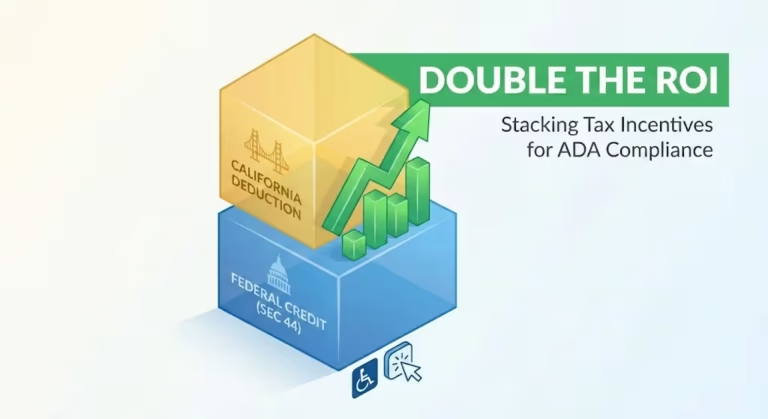A good accounting website should effectively serve the needs of its target audience, which usually includes businesses, individuals, and professionals seeking financial information, services, and resources. Here are some key features and qualities that make a good accounting website:
1. User-Friendly Design:
The website should have a clean, organized, and intuitive design that makes it easy for users to navigate and find the information they’re looking for. A well-structured menu, clear headings, and logical page layouts are essential.
2. Clear and Relevant Content:
The website should provide clear, accurate, and up-to-date information about accounting principles, services offered, industry updates, tax regulations, and other relevant topics. Content should be presented in a user-friendly format, such as articles, blogs, videos, infographics, and FAQs.
3. Mobile Responsiveness:
With the increasing use of mobile devices, the website should be optimized for mobile viewing, ensuring that users can access and navigate the site seamlessly on various screen sizes.
4. Security and Privacy:
Given the sensitive nature of financial information, the website must have strong security measures in place to protect user data. Display security certifications, privacy policies, and encryption technologies to build trust with users.
5. Contact Information and Support:
Provide easily accessible contact information, including phone numbers, email addresses, and possibly live chat support. Users should feel confident that they can reach out for assistance if needed.
6. Client Testimonials and Case Studies:
Showcase positive client experiences through testimonials and case studies. This builds credibility and helps potential clients understand the value your accounting services can provide.
7. Resource Library:
Include a resource section with downloadable guides, templates, calculators, and tools related to accounting, taxes, budgeting, and financial planning.
8. Online Services and Portals:
If applicable, offer online accounting services, such as tax preparation, bookkeeping, and financial consulting. Providing secure client portals for document exchange and communication can greatly enhance the user experience.
9. Educational Content:
Regularly publish informative articles, webinars, videos, and tutorials that educate visitors about accounting principles, tax strategies, financial planning, and other relevant topics.
10. Search Functionality:
Implement a robust search feature to help users quickly find specific information or articles on the website.
11. Social Proof and Credentials:
Display relevant credentials, certifications, and affiliations to establish authority and credibility in the field of accounting.
12. Regular Updates:
Maintain an active blog or news section to share updates about changes in tax regulations, accounting practices, industry trends, and other relevant news.
13. Strong Branding:
Consistent branding elements, such as logos, color schemes, and fonts, help establish a professional and memorable identity.
14. Interactive Tools:
Incorporate interactive elements like calculators for tax estimation, budgeting tools, and retirement planning calculators to engage users and provide value.
15. Accessibility:
Ensure your website is accessible to users with disabilities by adhering to accessibility standards (e.g., WCAG) and providing features like alt text for images and keyboard navigation.
By combining these elements and focusing on providing value, credibility, and ease of use, you can create a successful accounting website that meets the needs of your target audience and sets you apart in the competitive online landscape.


